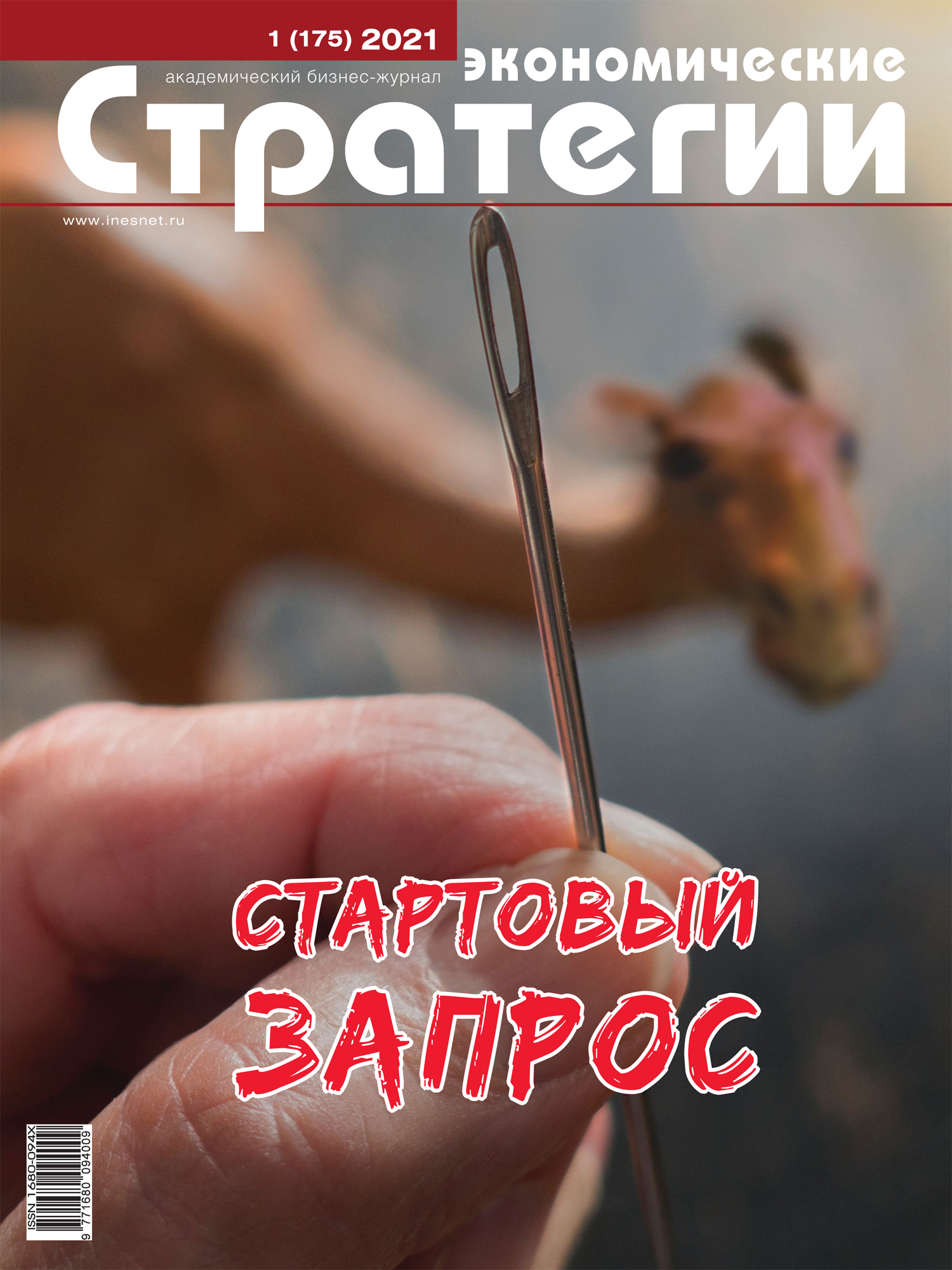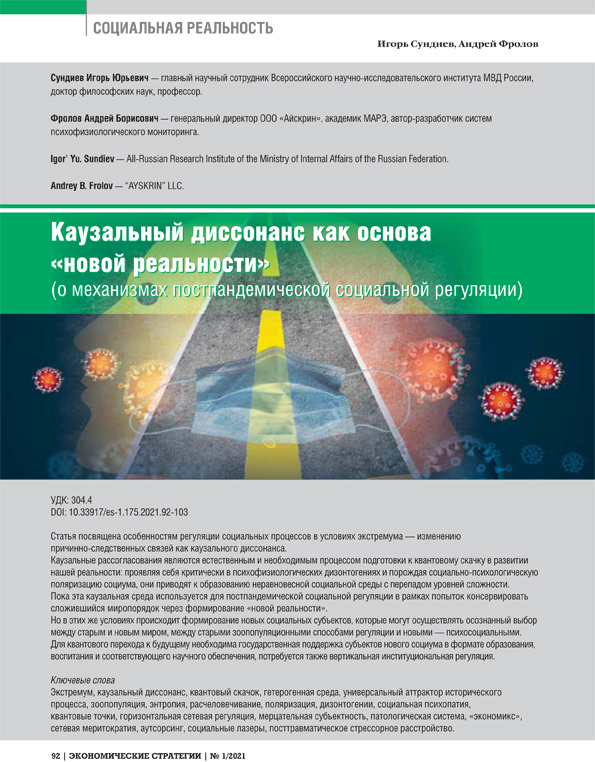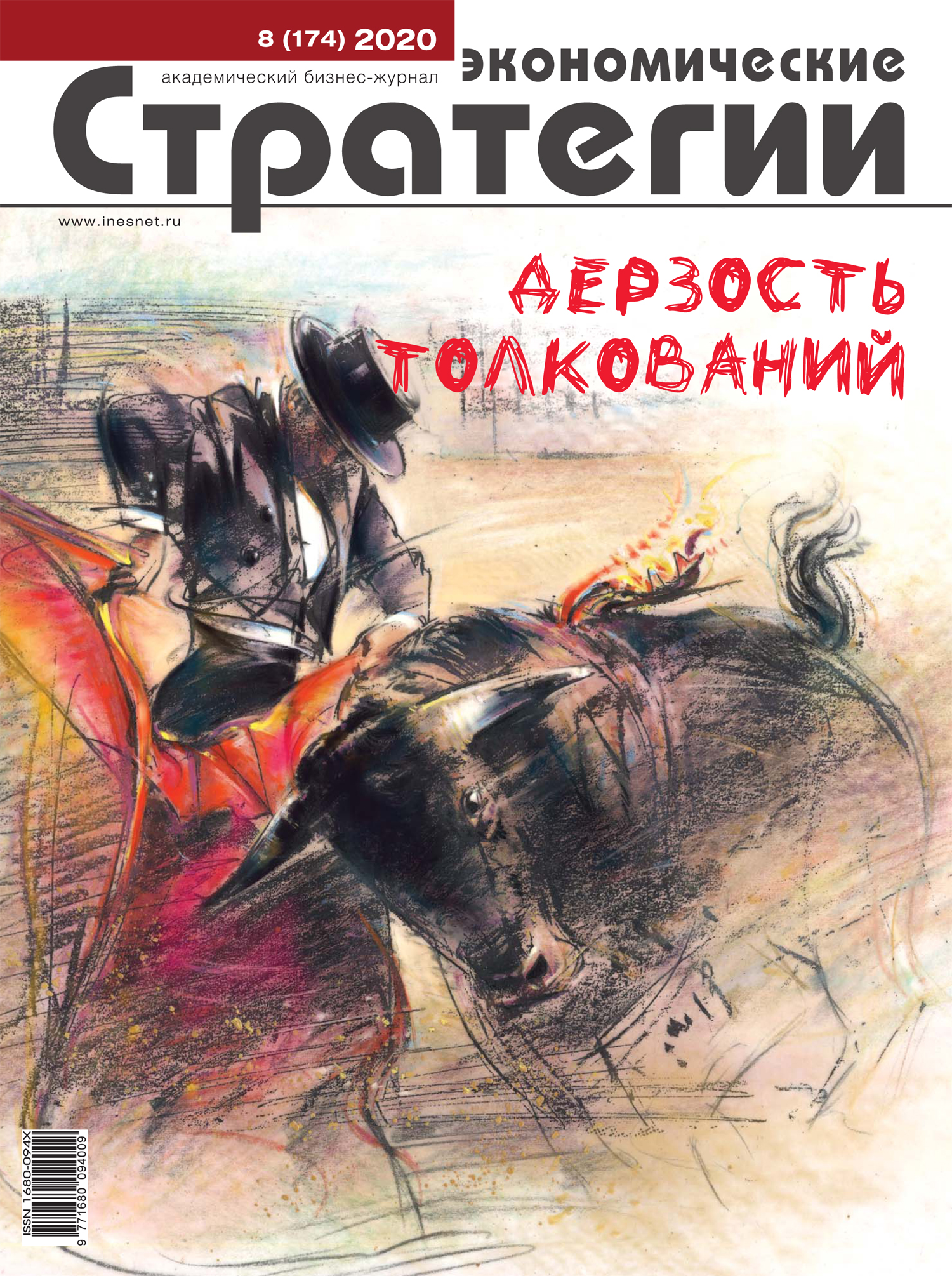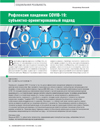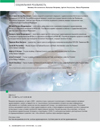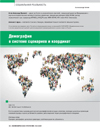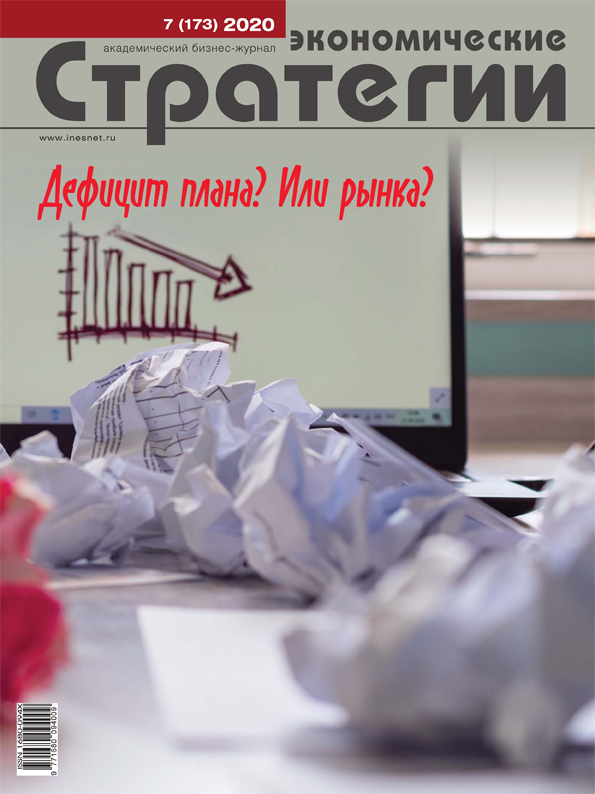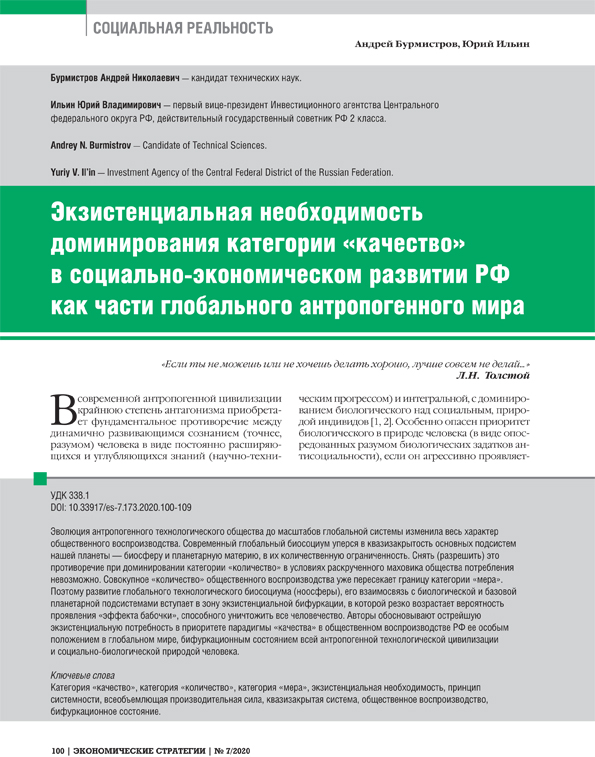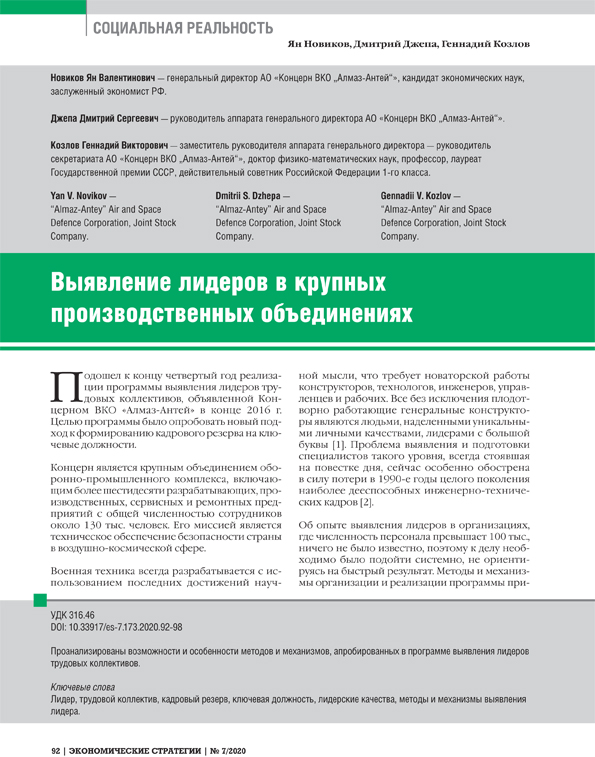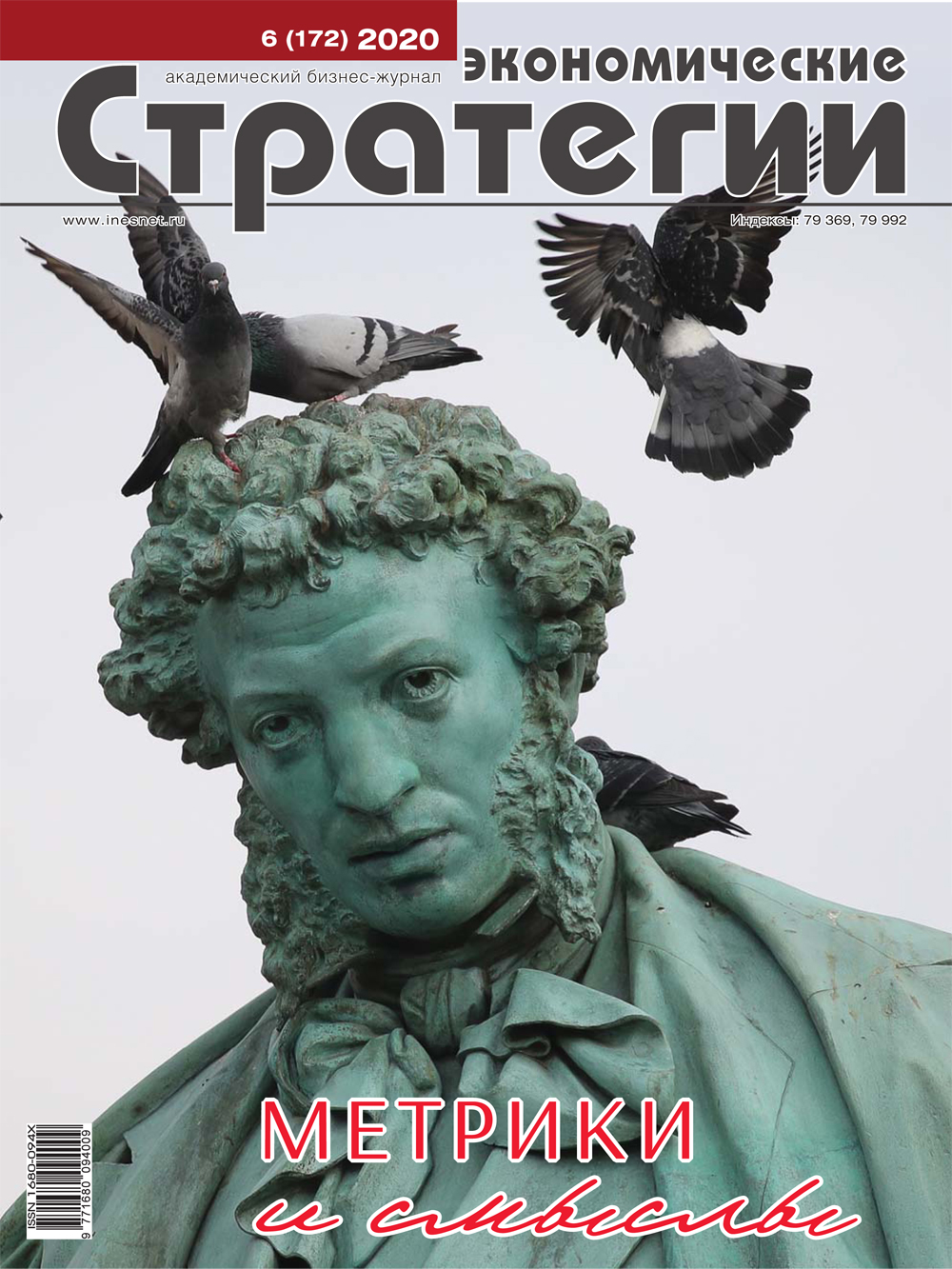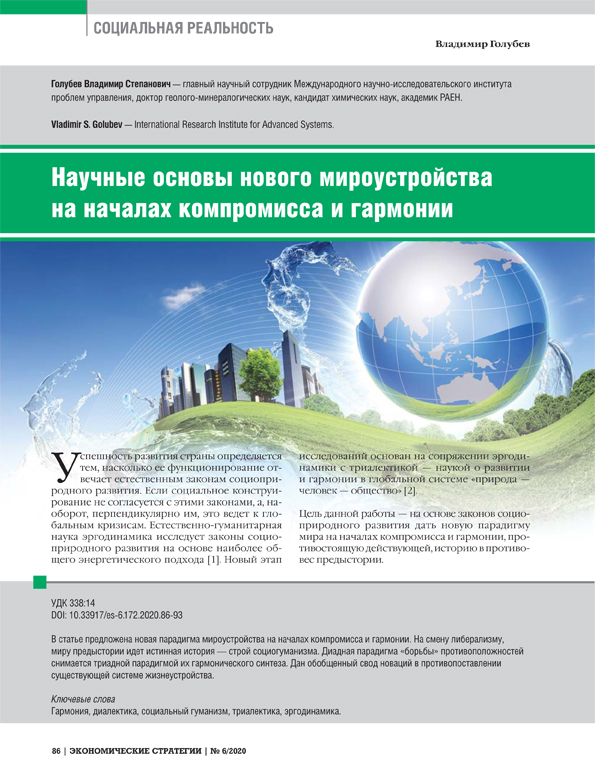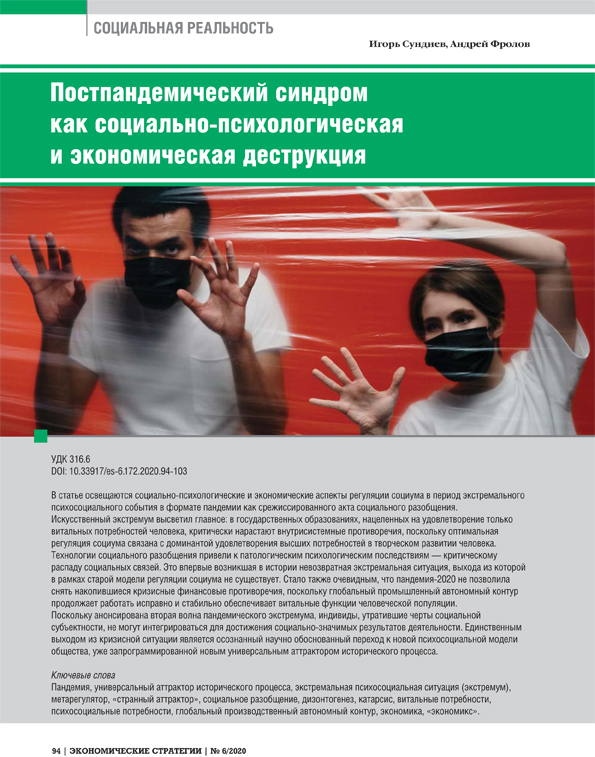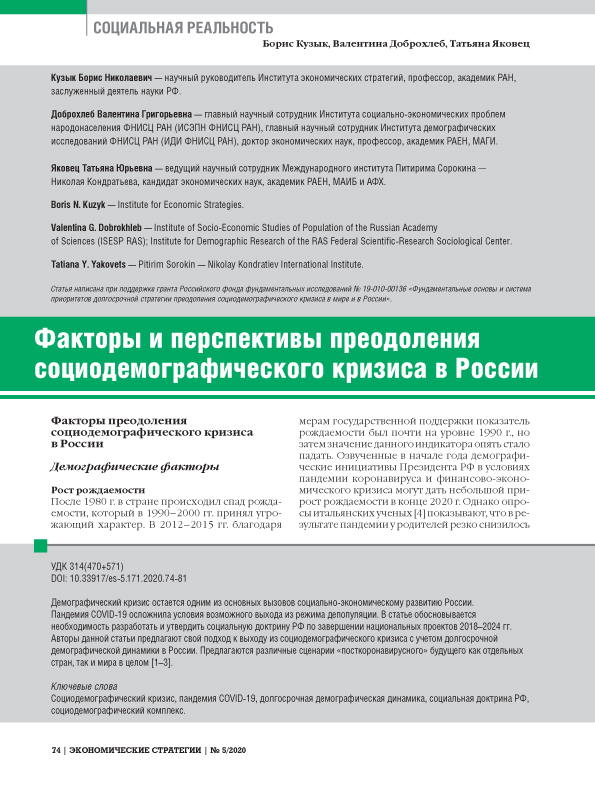The Institutions of Liberal and Conservative Values
DOI: 10.33917/es-1.175.2021.104-109
The article is dedicated to the liberal and conservative values: to the actual problem of comparable analyze of the liberal and conservative sights on individual behavior on its influence on their judgments on economy policy. There is the small sketch about liberal movement in last and its interaction with religious reformation. The author does conclude about nearsightedness of the neoliberal and neoconservative judgments on individual behavior and economy policy that have the important mean for development of market institution


